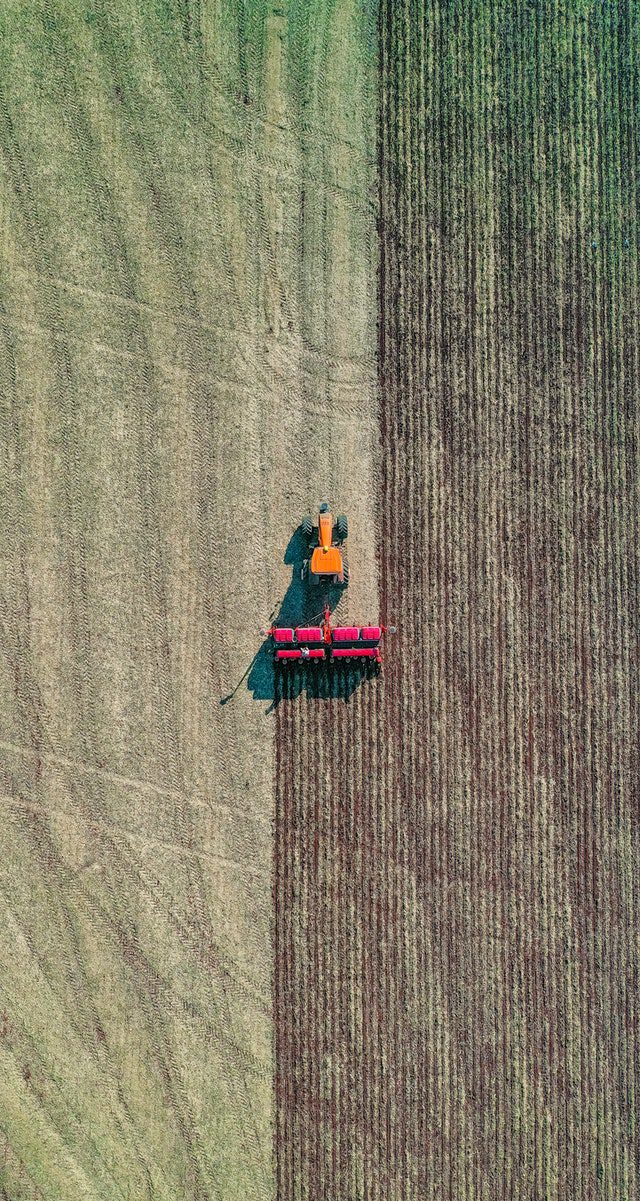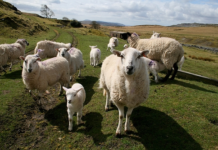Production of grains and oilseeds to be lowest in 10-15 years in Ukraine in 2022 – APK-Inform
With the sowing campaign in full swing it’s time to calculate the outcome of the Russian invasion of Ukraine. Up to 30% of Ukrainian fields are unfit for seed sowing due to war, according to UN’s humanitarian affairs agency. Russian troops are deliberately destroying agricultural infrastructure and supply chains and putting the work of Ukrainian farmers under constant danger.
This creates huge risks for global food security, as well as for local communities, causing the price for wheat, corn, and vegetable oils to rise in Africa, Asia, and all over the world. 1.7 billion people across the world are at risk of destitution, as 36 out of 55 countries with food crises depended on Ukraine and Russian exports.
Russian occupiers seize agricultural enterprises and threaten agricultural workers in the Kherson region. Currently, employees of the agricultural company “Ahro-Spivdruzhnist” are forced to work for the benefit of the occupiers. The invaders began to manage the production processes at the enterprise: they ordered the workers to sow, and prepare the request for the necessary materials. To do this, they began to export and sell products stored in warehouses.
Ukrainians cultivate their fields wearing armored vests and helmets near the border of the battles.
The sooner the Russian army is defeated, the sooner the balance in the food supply is renewed. German agricultural minister Cem Özdemir urged arming Ukraine to avert global hunger.
People of the world can also help people of Ukraine affected by the russian war to grow more food in their private gardens via Seeds for Ukraine project: https://seeds.kse.ua/
Please find several experts’ opinions due to the further situation and effects on the agricultural market of Ukraine and the EU.
Denis Sazonov, Agricultural Division Director at Zeppelin Ukraine
Alex Lissitsa, CEO of Warsaw-listed agricultural company IMC
Slava Mazai, CIO OneSoil farming tech company
Olga Trofimtseva, ex-Minister of Agriculture of Ukraine, Ambassador-at-large, The Ministry of Foreign Affairs of Ukraine
Denis Sazonov, Deputy Commercial Director
If you need exclusive commentary or have any questions, please contact us.
BACKGROUND
UN: Up to 30% of Ukrainian fields are unfit for seed sowing due to war. The UN’s humanitarian affairs agency said on April 18 that just under a third of Ukraine’s fields “won’t be used to plant wheat, barley, sunflowers, and corn this year.” They also noted that Russia’s war may cause a “global food catastrophe, as 36 out of 55 countries with food crises depended on Ukraine and Russian exports.”
UN: Russia’s war threatens to push one-fifth of people into hunger and poverty.
In an op-ed published on April 13, U.N. Secretary-General Antonio Guterres said that 1.7 billion people across the world are at risk of destitution. Guterres cites a surge in energy costs and food prices due to Russia’s full-scale invasion of Ukraine as major reasons. The spillover effects of the Ukrainian conflict threaten to push millions of people even closer to famine.
German agricultural minister urges arming Ukraine to avert global hunger. Minister Cem Özdemir said the German government received “alarming news” from Ukraine where Russian troops are “apparently also deliberately destroying agricultural infrastructure and supply chains,” which could have long-term effects on world food supplies. “That’s why it’s so important that the West supports Ukraine with additional, more effective weapons — and Germany shouldn’t be exempt from that,” the minister added.
Help keep news FREE for our readers
Supporting your local community newspaper/online news outlet is crucial now more than ever. If you believe in independent journalism, then consider making a valuable contribution by making a one-time or monthly donation. We operate in rural areas where providing unbiased news can be challenging. Read More About Supporting The West Wales Chronicle
























